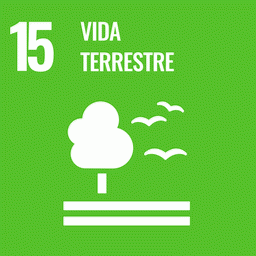Land tenure in many parts of Brazil remains uncertain and controversial. These problems have recently been exacerbated by changes in the legal framework regulating protected areas and the land market. A particular challenge facing attempts to improve land tenure security and governance in Brazil is the lack of a single, integrated assessment of all types of lands. Here we address this problem and present a first, integrated map of Brazilian land tenure encompassing all official data sources pertaining to both public and private lands. Of the total (8.5 million km2) 36.1% of all lands are public (with 6.4% officially undesignated), 44.2% are private, and 16.6% are unregistered or with unknown tenure. Strikingly, overlaps among land tenure categories sum to 50% of the registered territory of Brazil. A clearer understanding of uncertainties in land tenure, and the spatial distribution of those uncertainties can help guide research and public policies focused on minimizing land conflicts and strengthening governance and territorial planning to improve economic, environmental and social outcomes from land use in Brazil.
Agricultural land-use change alters the structure and diversity of Amazon riparian forests
Riparian forests play key roles in protecting biodiversity and water resources, making them priorities for conservation in human-dominated landscapes, but fragmentation associated with expanding tropical croplands threatens their ecological integrity. We compared...
